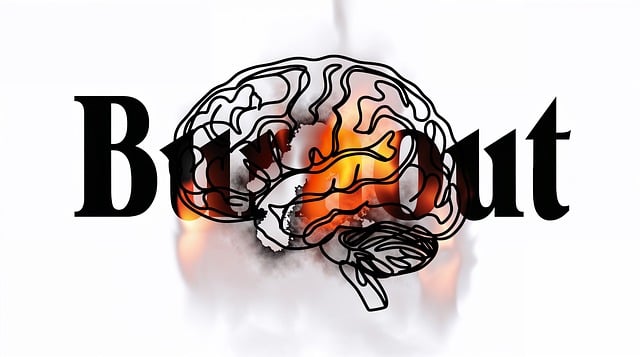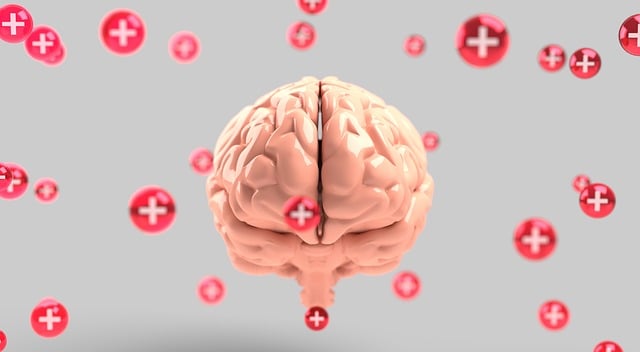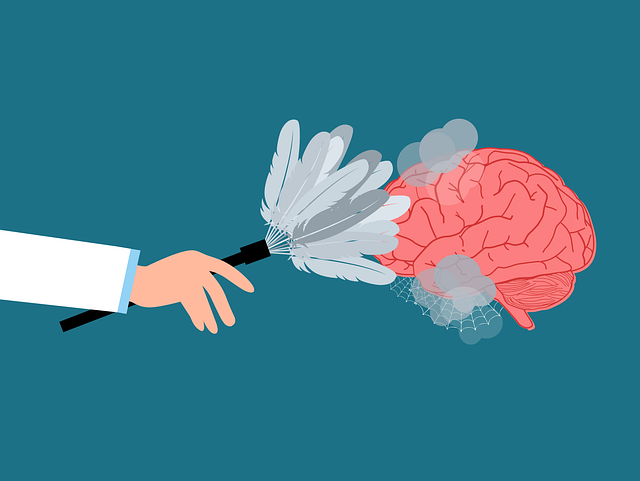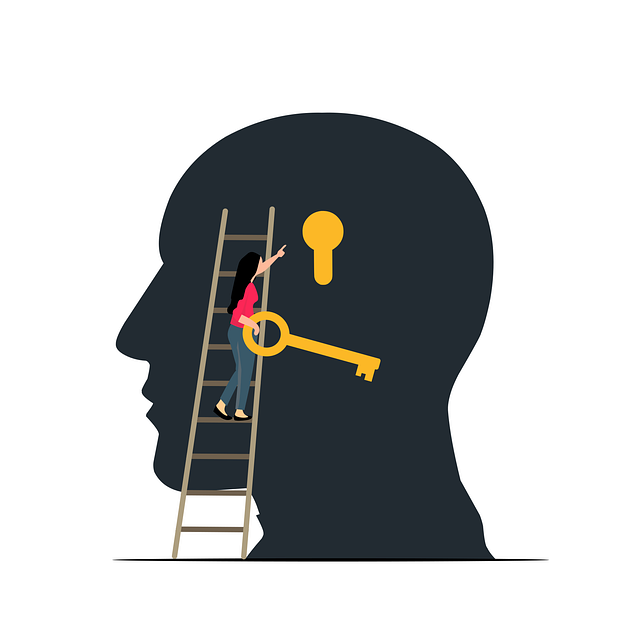In a fast-paced world, Lone Tree Domestic Violence Therapy emphasizes the importance of mental wellness through self-assessment tools that detect and manage mental health issues early. These tools help individuals cope with anxiety and communication challenges by addressing emotional and psychological roots. By breaking barriers to seeking help, they foster healthier relationships and enhance overall well-being. Effective self-assessment tools offer insights into emotional states, thought patterns, and behaviors, with actionable feedback tailored to unique needs. Digital platforms like Lone Tree's apps and communities provide remote counseling and self-care practices, encouraging regular Mental Wellness Journaling Exercises for self-reflection and personal growth.
In today’s fast-paced world, mental wellness is a cornerstone of overall health. The development of robust self-assessment tools plays a pivotal role in empowering individuals to take charge of their psychological well-being. This article explores the critical need for accessible and effective self-assessment tools, focusing on their design principles and the potential of digital platforms to integrate self-care practices. From identifying vulnerabilities to fostering personal growth, these tools offer a path to resilience, much like Lone Tree Domestic Violence Therapy provides support for complex emotional journeys.
- Understanding the Need for Self-Assessment Tools in Mental Health
- Designing Effective Self-Assessment Tools for Individual Growth
- Integrating and Promoting Self-Care Practices through Digital Platforms
Understanding the Need for Self-Assessment Tools in Mental Health

In today’s fast-paced world, mental wellness is a paramount concern for many individuals facing various challenges in their personal lives. One significant aspect often overlooked but crucial to overall well-being is self-assessment. Tools designed to facilitate this process play a pivotal role in early detection and management of mental health issues, offering individuals a chance at timely intervention and support.
The need for such tools becomes especially evident when considering prevalent concerns like anxiety relief and communication strategies, which often stem from deeper emotional and psychological issues. For instance, Lone Tree Domestic Violence Therapy has recognized the importance of self-assessment in helping clients not only cope but also overcome trauma and build empathy, fostering healthier relationships and an enhanced sense of mental wellness. By providing accessible and user-friendly assessment tools, individuals can proactively engage with their mental health, breaking down barriers to seeking help and promoting a proactive approach to well-being.
Designing Effective Self-Assessment Tools for Individual Growth

Effective self-assessment tools for mental wellness are instrumental in facilitating individual growth and personal development. These tools empower individuals to gain profound insights into their emotional states, thought patterns, and behaviors, enabling them to make informed decisions about their mental health. Well-designed assessments should not only measure current conditions but also offer actionable feedback tailored to the user’s unique needs. For instance, incorporating features from Lone Tree Domestic Violence Therapy can enrich these tools by highlighting resources and support systems available for various challenges, fostering a sense of empowerment and agency.
The process of designing such tools requires careful consideration of factors like cultural sensitivity, age-appropriateness, and the integration of evidence-based practices. By focusing on Mood Management and Coping Skills Development, these assessments can contribute to Mental Health Education Programs Design, helping users understand their emotional landscapes better and equip them with effective coping strategies. Ultimately, accessible and accurate self-assessment tools can significantly enhance individuals’ ability to navigate mental health challenges and promote overall well-being.
Integrating and Promoting Self-Care Practices through Digital Platforms

In today’s digital era, integrating self-care practices through online platforms offers a promising approach to promoting mental wellness. Digital tools like mental health apps and online communities provide accessible resources for individuals seeking support. For instance, Lone Tree Domestic Violence Therapy has successfully leveraged these platforms to offer remote counseling and self-assessment tools, ensuring continuity of care even when in-person visits are not feasible. These digital solutions encourage users to engage in regular Mental Wellness Journaling Exercises, fostering a practice that enhances self-reflection and personal growth.
By combining interactive features with evidence-based guidance, such platforms can facilitate Self-Esteem Improvement. Digital tools often include customizable tracking systems, allowing individuals to monitor their progress over time. This not only reinforces positive behaviors but also enables users to identify areas where they might need additional support. Thus, digital self-care initiatives have the potential to empower individuals in navigating their mental wellness journeys, complementing traditional therapy and fostering a holistic approach to overall well-being.
Mental wellness self-assessment tools play a pivotal role in empowering individuals to take charge of their mental health. By providing accessible and user-friendly resources, such as those offered by Lone Tree Domestic Violence Therapy, people can gain insights into their emotional well-being and make informed decisions for their individual growth. Integrating these tools with digital platforms not only expands access but also fosters a culture of self-care, enabling individuals to proactively navigate their mental health journeys.













